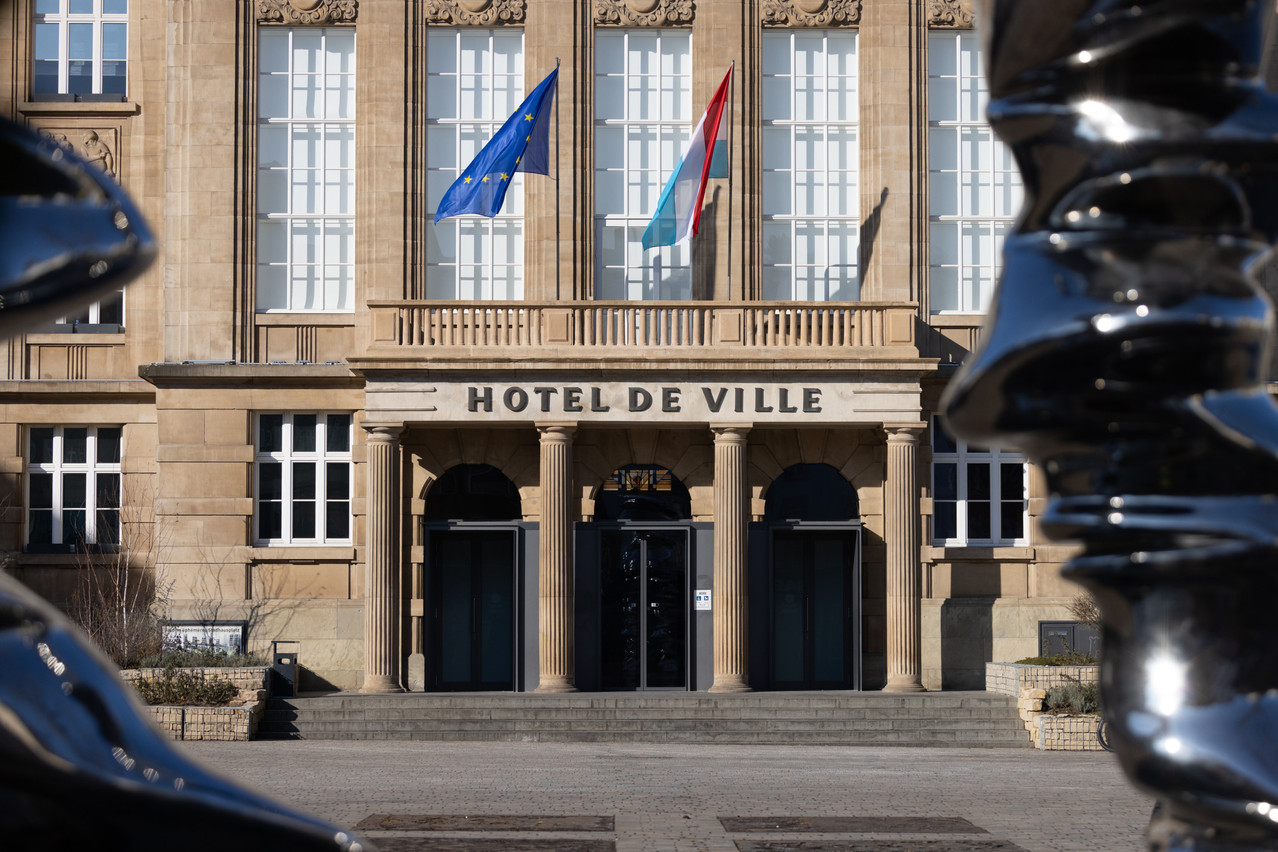Luxembourg last year scrapped a five-year residency requirement, meaning that foreigners can vote in their commune upon arrival in the country. However, they must or at their local town hall by 5pm on 17 April.
“It’s what democracy is about,” said (DP), urging the country’s international community to register to vote. “People sometimes think politics is far away,” she said, but from the emptying of bins and wastewater management to local schools and infrastructure, communes shape everyday life.
So far, 32,197 people have signed up to vote in their commune. This is near the 34,638 voters who registered in the last local elections in 2017. People who signed up previously remain on the voter list but any foreigner who gained Luxembourg nationality since then is removed.
Between July last year and the end of February, 5,648 people newly registered to vote.
While the participation rate in 2017 was at 22.8%, the current voter sign-up rate is 12.5%. Since the residency requirement was scrapped, many more people are eligible, Cahen explained.
“Our aim is to get every eligible citizen to the ballot box,” said Emile Eicher, the president of Syvicol, a union of Luxembourg’s town and communes. “What matters to people are problems in their environment, their district,” he said.
The Dutch are the current frontrunners, with 23.6% of eligible voters signed up, followed by people from Denmark, Germany, Belgium and Portugal. While more than a quarter of eligible voters aged 65 or over have registered to vote, the rate is at just 1% for 18 to 24-year-olds, although Cahen acknowledged this could be linked to many young people from the international community staying registered in Luxembourg while studying abroad.
That rate of voters registered was highest among those who have lived in Luxembourg for 30 or more years (36.8%) and lowest among newcomers who have been in the county less than five years (3%).
Pathway to integration
“Political participation is key,” said Cahen, adding that it is a pathway to integration and inclusion and getting involved. On 18 March, communes across the country will open their doors for national voter registration day, also giving non-nationals an opportunity to meet their representatives and learn more about their local government.
“There are many reasons why people don’t vote,” the minister said. On the one hand, many people still don’t know that they are eligible, she said. Others see their stay in the country as temporary and don’t want to get involved. Others still don’t see a need to take action if things on the whole are working well. But “the duty to vote is part of democracy,” she said.
Voting is mandatory for Luxembourg nationals. Foreigners cannot be automatically signed up vote as, once registered, they have to cast their ballot on 11 June. Postal voting is available. Exemptions apply in case of any last-minute personal or professional business taking a voter outside of the country.
Luxembourg City so far has the lowest turnout among Luxembourg’s communes at 8.1%, which Cahen said is due to the high number of foreigners living there, making up 70% of the capital’s population, coupled with the fact that many new arrivals first move to the city. “There are reasons,” she said, “but they shouldn’t be an excuse.”
The commune of Besch leads voter registration and has signed up nearly 40% of its international residents. Foreigners from 35 nationalities make up roughly a quarter of the commune’s population.
“There are some [communes] who have some homework to do,” said Eicher. “Now’s the time.”
